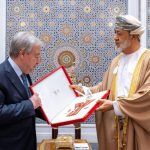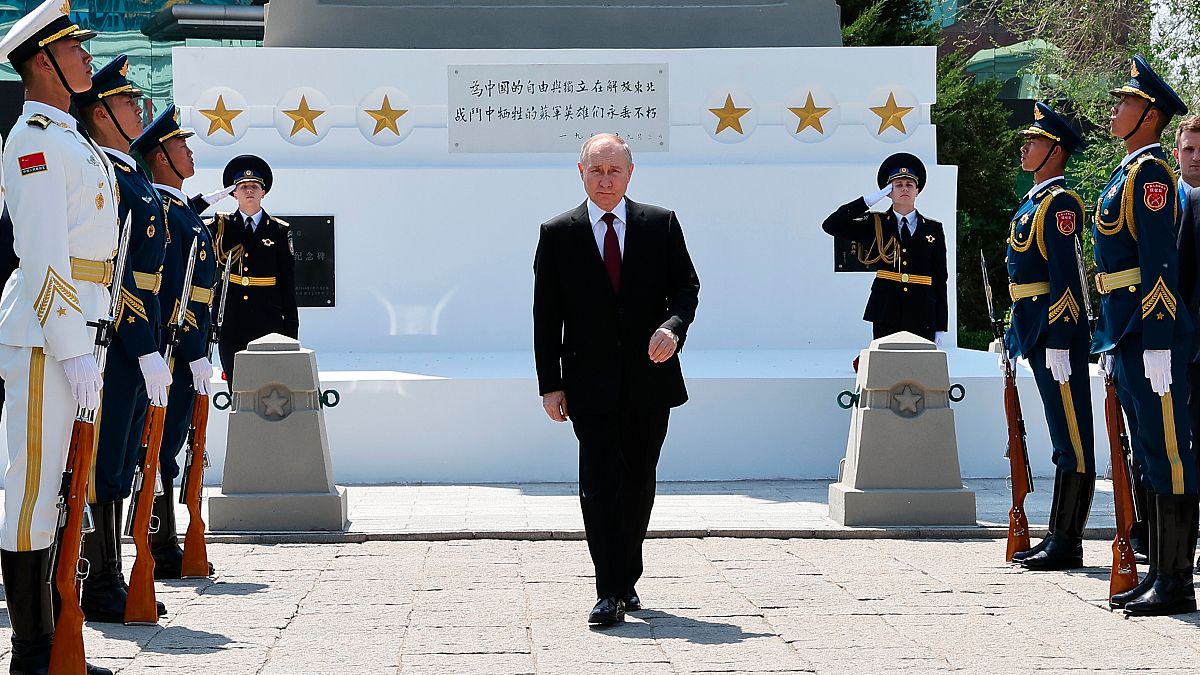Russian President Vladimir Putin and Chinese leader Xi Jinping have reaffirmed their commitment to deepen ties as they continue to face challenges from the West. The two leaders have a strong relationship, with annual visits to each other’s countries and a focus on trade and cultural exchanges. During Putin’s state visit to China, the leaders highlighted the importance of cooperation in developing new technologies and strengthening their economic growth. Despite facing sanctions from the US and other Western powers due to the war in Ukraine, Russia has increasingly relied on China for support, with trade between the two countries reaching $240 billion last year.
As Russia continues to face pressure from the West, China has emerged as a key ally for Putin. Despite facing sanctions, both countries have worked to strengthen their partnership, with China offering proposals for ending the war in Ukraine. However, these proposals, which did not call on Russia to leave occupied parts of Ukraine, were rejected by Ukraine and the West. Russia has further escalated the conflict by launching attacks at its northeastern border, putting Ukraine in a critical position as it tries to resupply its forces and seek support from European leaders. Despite calls for China to ask Russia to end its invasion, the country has not taken significant action.
A US intelligence report alleges that China is likely supplying Russia’s forces with materiel, including drones and fighter jet parts. This further complicates the situation in Ukraine and raises concerns about the role of China in supporting Russia’s actions. However, both Putin and Xi have emphasized the need for peace and stability in Europe and have expressed their willingness to play a constructive role in resolving the conflict. The world is closely watching the relationship between Russia and China, as it continues to evolve in the face of ongoing geopolitical tensions.
In recent years, Russia and China have sought to strengthen their ties in response to increasing challenges from the West. The two countries have a long-standing agreement to support each other and regularly visit each other’s countries to discuss trade, technology, and cultural exchanges. Despite facing sanctions from the US and other Western powers, Russia has increasingly turned to China for support, with trade between the two countries reaching $240 billion last year. This has helped Russia mitigate the effects of Western sanctions and maintain its economic stability amid ongoing conflicts.
As the war in Ukraine continues to escalate, Russia has looked to China for support and proposals for ending the conflict. China has offered a plan for peace, but it was rejected by Ukraine and the West for not addressing Russia’s occupation of parts of Ukraine. Despite growing pressure from international partners, China has not taken significant action to stop Russia’s invasion or intervene in the conflict. This has raised concerns about China’s role in supporting Russia’s actions and its impact on the broader geopolitical landscape. The world is closely watching how the relationship between Russia and China will evolve in the face of ongoing conflicts and challenges from the West.
In conclusion, the partnership between Russia and China has strengthened in recent years as both countries face increasing pressure from the West. Despite facing sanctions, Russia has relied on China for support in mitigating the effects of Western sanctions and maintaining economic stability amid ongoing conflicts. The two countries have worked together on trade, technology, and cultural exchanges, emphasizing the importance of cooperation in developing new technologies and strengthening economic growth. However, as the war in Ukraine continues to escalate, Russia’s reliance on China and the lack of significant action from China raise concerns about the broader geopolitical implications of their partnership. The world is closely monitoring the relationship between Russia and China and its impact on global stability and security.











